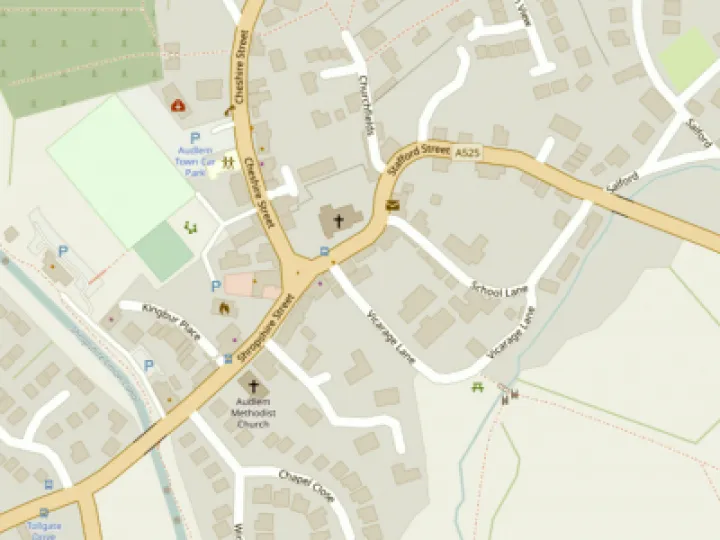







On January 22nd 1917, Woodrow Wilson stood before a joint session of Congress and an audience that included his wife, Edith, and one of his daughters, and told the politicians that America must maintain its neutrality in the Great War ravaging Europe at the time. He laid out a vision for a just and peaceful world, a future that included free seas, an international agreement to avoid arms races, a United States that served as a peace broker, and most important of all--peace without victory.
"Victory would mean peace forced upon a loser, a victor's terms imposed upon the vanquished," Wilson said. "It would be accepted in humiliation, under duress, at an intolerable sacrifice, and would leave a sting, a resentment, a bitter memory upon which term of peace would rest, not permanently, but only as upon quicksand."
It was perhaps the most memorable speech of Wilson's presidency.
Whatever his personal feelings were, Wilson firmly believed no peace could last if it favoured a victor, writes scholar Robert W. Tucker. "But he also believed, and perhaps even more deeply so, that a peace without victory was indispensable for driving home the lesson to all the belligerents of the 'uselessness of the utter sacrifices made.'"
In other words, the deaths of all the soldiers and civilians in Europe needed to be only that: deaths. Not heroic sacrifices, not martyrs for a cause, but gruesome, unnecessary deaths. It was an incredibly idealistic vision--and also one largely detached from the reality of how the suffering on the Western front was reshaping European psyches.
Just a month before Wilson's speech, the Battle of Verdun had concluded. The 10-month battle resulted in 800,000 casualties and only strengthened each side's resolve. The Battle of the Somme had also recently ended, and British casualties on the first day were over 57,000.
The toll of the war was so high, it seemed inconceivable for the European powers to accept peace without a clear victor.
In the end, Wilson's idealism and the crusading anti-war parties in the U.S. couldn't save the country from getting sucked into the conflict. On January 30, just one week after Wilson's speech, Germany announced unrestricted submarine warfare, meaning U.S. merchant and passenger ships would once again be targeted by German U-boats. Wilson responded by severing diplomatic relations with Germany, but still hesitated to ask Congress to declare war. But by the end of March, after Germany had sunk several American merchant ships, Wilson had no choice but to ask Congress to approve a declaration of war against the German Empire.
"It was the genius of Woodrow Wilson which recognized that a lasting peace must be 'a peace without victory,'" wrote historian John Coogan. "It was the tragedy of Woodrow Wilson that his own un-neutrality would be a major factor in bringing about the decisive Allied victory that made a healing peace impossible."
This article is from our news archive. As a result pictures or videos originally associated with it may have been removed and some of the content may no longer be accurate or relevant.
Get In Touch
AudlemOnline is powered by our active community.
Please send us your news and views using the button below:
Email: editor@audlem.org





